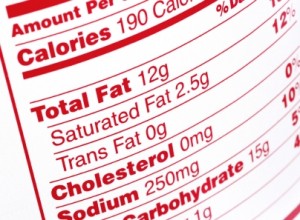Cholesterol is a type of fat that is found in the blood that your body uses on a regular basis to make cell membranes, vitamin D and hormones. There are two forms of cholesterol – low-density lipoproteins (LDL) and high-density lipoproteins (HDL). LDL cholesterol is often regarded as the bad form of cholesterol because it can build up plaque along the arterial walls. However, while high levels of cholesterol are not normal, they are not necessarily the prime indicator for the risk of heart-attack that they are perceived to be. In fact, there are several studies that have shown that low levels of cholesterol can lead to many other serious conditions as well.
Cholesterol plays numerous roles in the biochemistry of our bodies. It aids body repairs, and is often found in scar tissue. Cholesterol helps the body to digest food and additionally waterproof the cells within our bodies. Much of our bodily functions can be attributed to cholesterol in some way. Some researchers suspect that a healthy level of cholesterol may reduce the risk of cancers. When the body is not able to produce enough cholesterol, whether it’s because of cholesterol-lowering drugs or other reasons, the natural balance of the body is interrupted; leading to an array of problems including blood sugar problems, edema, infertility, reduced libido, allergies, chronic inflammation and difficulty healing.
It’s true that high cholesterol can contribute to the risk of heart attack, stroke and heart disease; however, it’s also extremely important to remember that low cholesterol isn’t necessarily a good thing either. The best way to control your cholesterol so that it remains at a healthy level is through diet and exercise. If it’s not possible or effective for you to manage your cholesterol in this way, and you plan to use a cholesterol-lowering medication, you may wish to talk to your doctor about taking a CoQ10 supplement, which will ensure that your cellular energy production remains normal.



